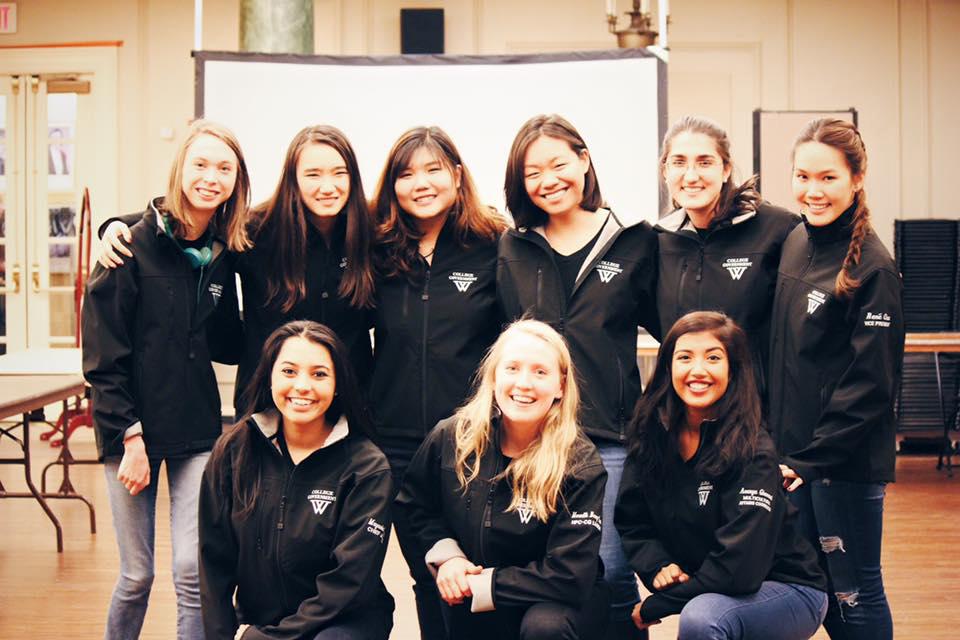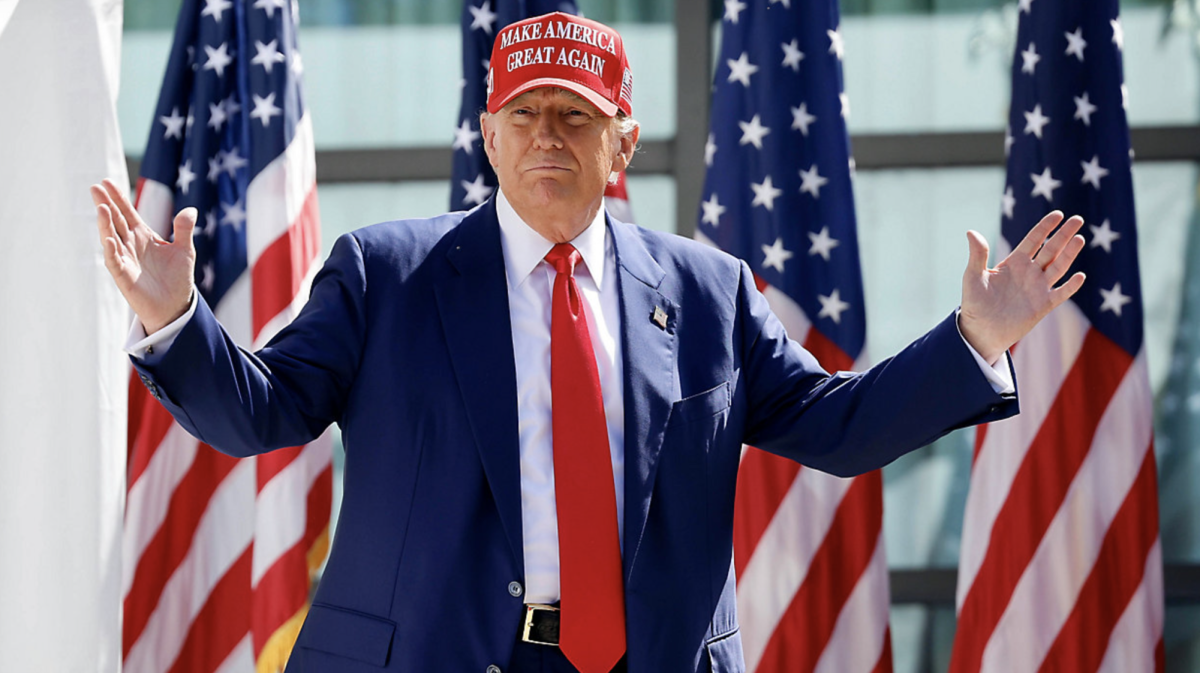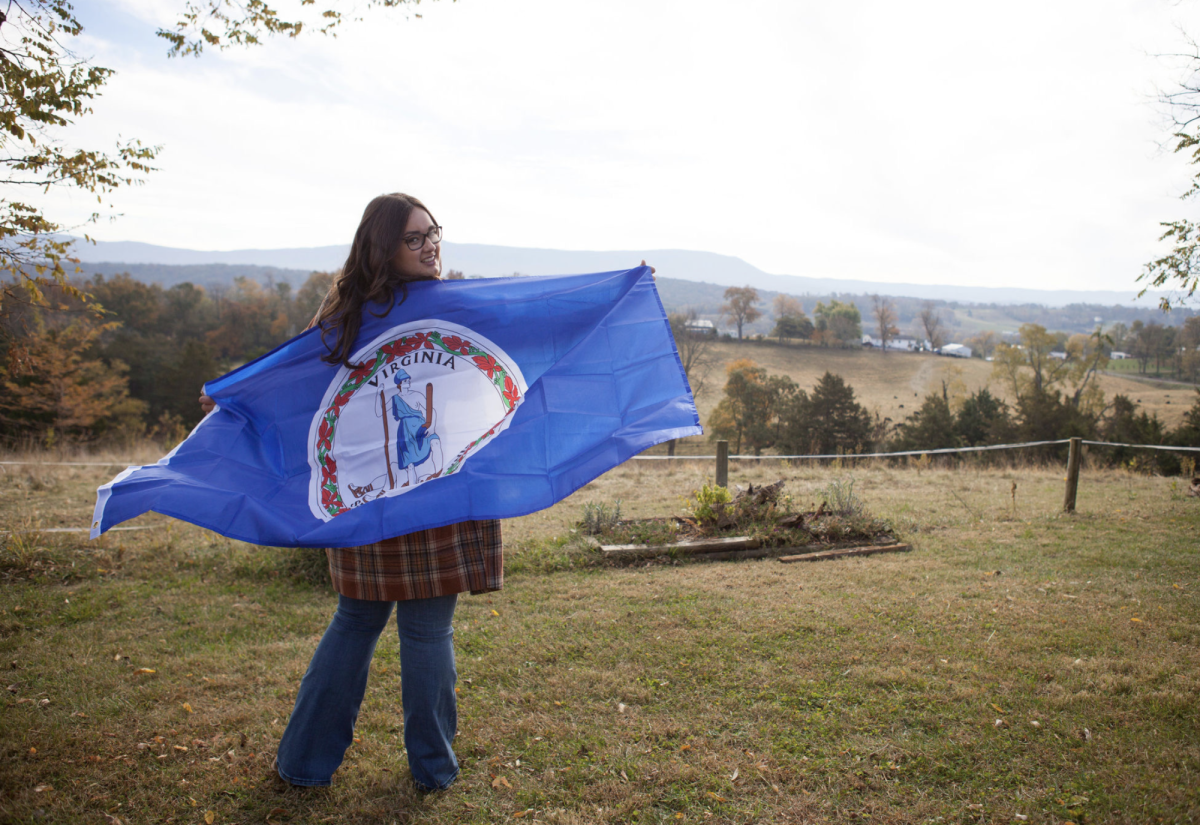President
College Government President attends and oversees Senate meetings and is the representative of the student body during Board of Trustees, Budgetary Advisory Committee and Academic Council meetings. She also is the chair of the College Government President’s Council. Adeline Lee ’16 ran for College Government President last year because she was interested in making a lasting impact on Wellesley’s campus. She believed that the position offered her an opportunity to think critically and actively participate in the community to which she belonged.
“I chose to run for this position not only because of a deep admiration and respect for Wellesley, but also because, alongside all of this, I saw the position of [College Government President] as a unique opportunity to impact change in a widespread way that few individuals have the opportunity to do. I think that those who really love their community and the spaces in which they belong always recognize and celebrate an opportunity to be productively critical of it,” Lee explained.
As President, Lee attends and chairs meetings and has the opportunity to understand how the different components of campus including administration, the student body and different aspects of campus life, work together. One of Lee’s main initiatives this year as president was Ideafest, in which College Government used President Bottomly’s gift of $11,000 to fund student initiatives.
“The knowledge that the work I do now in this position has the capacity to last beyond just my own time at Wellesley makes the job utterly thrilling; there’s an element of contributing to institutional memory and institutional function in a place you love that makes a challenging job so much more meaningful and worthwhile,” Lee said.
Vice President
Vice President of College Government oversees all student organizations and chairs the Student Organization Appointments Committee (SOAC). The SOAC appoints students to administrative committees such as the Academic Council and Student Council to the Board of Trustees. It also manages constituted student organizations and provides resources for student organizations. In providing resources to student organizations, the VP coordinates trainings for presidents and student representatives.
This year, as VP, Rene Chan ’17 created a master calendar that consolidated student events and allowed student organizations to publicize their events to the campus. She also led the SOAC in creating the “Org of the Week” in order to make students aware of what organizations are active on campus and promote interest in campus affairs. Chan also strove to increase collaboration between different groups on campus and support student organizations in their goals for the year.
“Wellesley is an energetic and lively campus, and there are endless opportunities to get involved and make a difference. I want to make sure that these opportunities are communicated to the students and that they know I’m a ready resource that can support them in any venture,” Chan said.
House Presidents’ Council College Government Liaison
HPC-CG Liaison facilitates communication between house presidents and College Government.
Meredith Berry-Toon ’16 is the House President of Claflin this year and also the HPC-CG Liaison. As a House President, the person occupying this position must oversee their weekly House Council meetings and participate in the weekly meetings for the House President’s Council. As the liaison to College Government, HPC-CG Liaison must also attend College Government meetings.
One example of an event that would depend upon the HPC-CG Liaison was the lecture by Professor Julie Norem on the imposter syndrome during spring semester of last year. While the lecture was hosted by multiple organizations including College Government and the House President’s Council, the discussion on imposter syndrome was continued in residence halls, which would be dependent on the coordination of House Presidents.
Director of On Campus Affairs
The DOOCA is the chair of the Schneider Board of Governors (SBOG) and plans campus events such as Fall Frenzy and Lake Day. The position description includes that the DOOCA also acts as a liaison between Senate and campus organizations for programs and events. In order to run for the position, the candidate has to be a rising junior or senior, and they also need to have had experience as a member of SBOG for at least a year. Before taking this position in the CG cabinet, Meredith Ausenbaugh ’16 was treasurer for SBOG. According to her statement of intent for the position last year, Ausenbaugh ran on a platform of wanting to “engage Wellesley and recognize all the untapped talent it has to offer. This means polling before and after events to account for student preferences. This means forums for Fall Frenzy t-shirt designs. This means office hours where you hold me accountable for SBOG’s work.”
As the chair of SBOG, Ausenbaugh played an essential role in bringing Kehlani to Wellesley for a concert during fall semester. Fulfilling her promise of recognizing the talents that students have to offer, the chair incorporated events into Fall Frenzy that allowed students to showcase their own talents and interests. Ausenbaugh initiated polling for campus swag such as Fall Frenzy t-shirts.
Chair of Communications and Finances
The Chair of Communications and Finances on College Government promotes communication between the student body and the college government, which means that she publicizes college government-related news and events. This position requires also transcribing Senate minutes and running fundraisers for college government. The condensed minutes are then made accessible to the campus. This year, Jessica Shin ’18 held the position.
“It’s an interesting position in the sense that it’s a mix of two positions: to manage the internal finances of College Government as well as help increase communication between College Government, members of administration and the student body at large,” Shin said.
The Chair of Communications must create agendas for the Senate meetings and is in charge of College Government correspondences. Apart from documentation of meetings, Shin used her position to lead the launch a website in order to consolidate campus information. The Communications Committee, lead by the Chair of Communications and Finances also created a College Government YouTube channel.
Shin explained that some of her favorite aspects of being in her position on College Government are “being able to vocalize the concerns of students, serve as resource for individuals and have the agency to enact initiatives or changes that I would wish to see on campus.”
Multicultural Affairs Coordinator
The Multicultural Affairs Coordinator serves to promote not only cultural diversity, but also other forms of diversity including race, religion, sexual orientation, class, physical abilities and age. The position description also involves serving as chair in the Multicultural Council, the Multicultural Presidents’ Council and the Campus Wide Diversity Initiative.
Candidates for this position must be rising juniors or seniors. Ananya Ghemawat ’17 is the current Multicultural Affairs Coordinator. When she ran for the position, her goals included “[serving] as an advocate for students during their time at Wellesley regarding issues of race, ethnicity, culture, and their intersections with gender, sexuality and mental health.” According to her statement of intent from last year, Ghemawat also ran on the platform of increasing awareness about mental health issues, advocating for more multicultural spaces and incorporating more open conversations on campus.
One of the projects the Multicultural Affairs Coordinator initiated this year was expanding the network of multicultural spaces on campus. In particular, she was involved in the conversion of Acorns, a building located near Lake Waban, into a space that would include offices for advisors to students of Asian descent, LGBTQ students and Latina students, rooms for holding meetings and gatherings, a kitchen and various other spaces.
Chair for Political and Legislative Awareness
The Chair for Political and Legislative Awareness serves as the chief spokeswoman for the Committee for Political and Legislative Action (CPLA) to the Senate, as well as addressing political and legislative concerns to the student body in a non-partisan manner. Potential candidates interested in running for this position must be rising juniors or seniors and cannot be members on the e-board of another political organization.
Zainab Younus ’16 is the current Chair for Political and Legislative Awareness. According to her statement of intent from last year, her goals included organizing events and communicating with the campus community, as well as ensuring that the CPLA maintained a “bipartisan environment” not only within meetings but also around campus.
Events that the Committee has organized this past year include an open discussion addressing concerns regarding the current election system and a series entitled “Political Engagement in the Next Generation.”
Student Bursar
The Student Bursar serves as the head of the Student Organizations Funding Committee (SOFC), managing the funds given to constituted campus organizations. The Student Bursar also plays a role in managing the bookkeeping assistants and advising organizations’ presidents and treasurers on financial matters.
Interested candidates for this position must be rising juniors or seniors with experience being a member of SOFC. Isabelle Van de Walle ’17 is the current Student Bursar.
According to her statement of intent for the position, Van de Walle ran on the platform of “Collaboration, Communication and Conversation.” In particular, she hoped to engage in further collaboration between the Office and campus organizations, to enhance communication by circulating frequent newsletters that regularly informed the student body about funding and financial updates and lastly, to highlight the importance of conversation between organizations, the Bursar’s Office and SOFC in order to “ensure that all sides of the funding trifecta can have their voices heard.”
One of the projects the Student Bursar was involved in during her term of office was the new Student Justification policy, where organizations had to offer evidence of the number of students who attended their events.
Chief Justice
Chief Justice is chair of the Honor Code Council and attends hearings. She is a leader in promoting the Honor Code in order to create an environment of trust on campus. Chief Justice is also responsible for training members of the Honor Code Council and serving on the Academic Council.
In order to run for Chief Justice, one must be a rising senior and must have served on the Honor Code Council for at least a year. Mayanka Kumar ’16 was a representative on the Honor Code Council before running for the position last year on the platform of making the Honor Code system more transparent for the campus.
This year, Kumar made information on filing Honor Code violations more readily available around campus, increased accessibility of Honor Code Council members and hosted community discussions on topics pertaining to the Honor Code.






